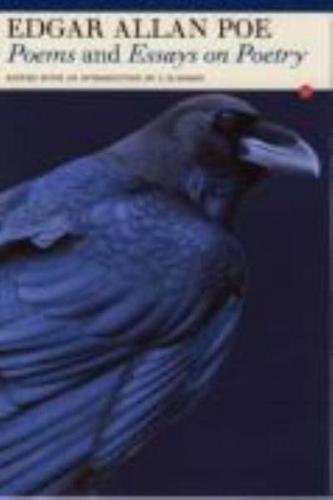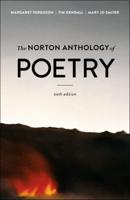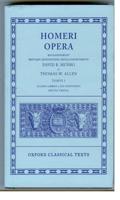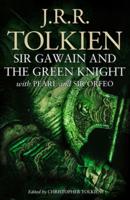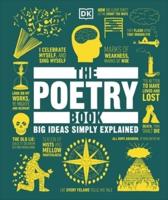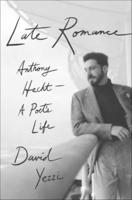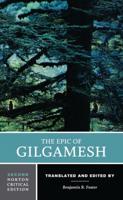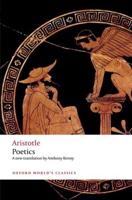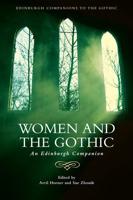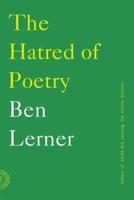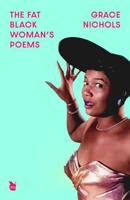Publisher's Synopsis
The American poet Edgar Allan Poe (1809-1849) has suffered as many posthumous buffets and reversals in his reputation as he did in his life. Even before Baudelaire translated his stories and Mallarmé his poems, he was revered in France, while in Britain and even in America his work came to seem haunted, weird, its merits subsumed in the gothic drama of a life drunk (in every sense) to the lees, and early over. Many readers know his poems by heart but are wary of confessing an enthusiasm for lines so sonorous and unfashionable.
Among the voices urging the merits of Poe's poems and essays is that of C.H. Sisson. In this selection, which makes measured claims for an original and challenging writer, Sisson sides with Baudelaire, Gautier, Mallarmé and Valéry in singling out the unlikely and powerful qualities in Poe's language, qualities inherent in his subject-matter and realised in his verse. 'There is,' Sisson declares, 'a small handful of Poe's poems which are of a clarity and luminosity which make most of the poetry of the nineteenth century look muddy.' His poetry, 'enjoyable but not explicable', attempting 'the rhythmical creation of beauty', is a firm legacy to proponents of la poésie pure as to those for whom paraphrase and moral uplift are not the be-all and end-all of poetry.
